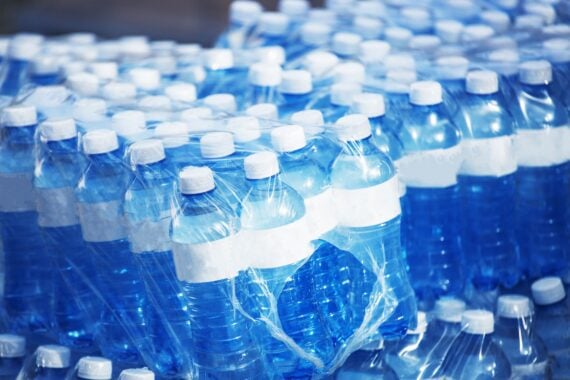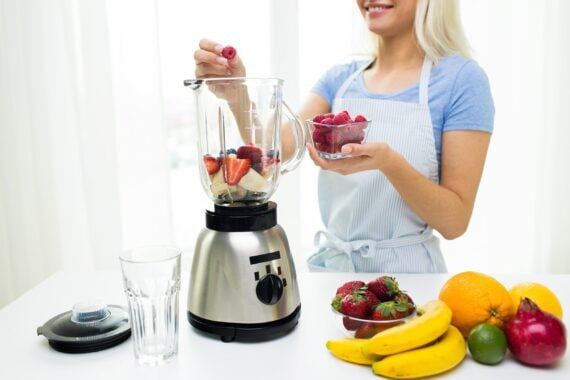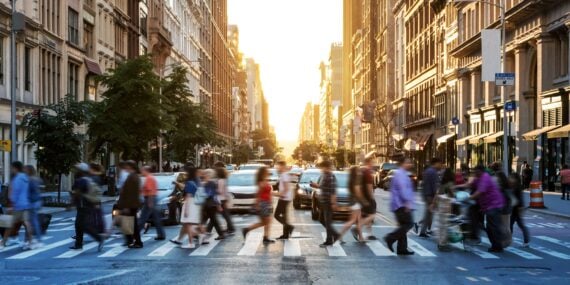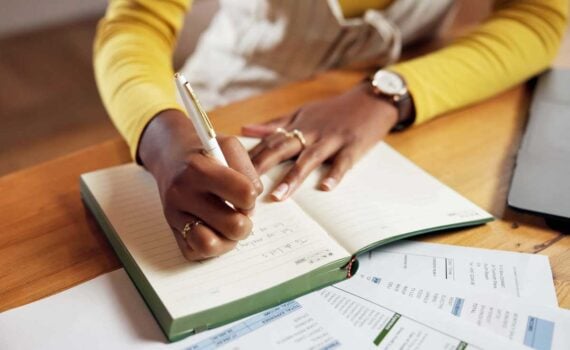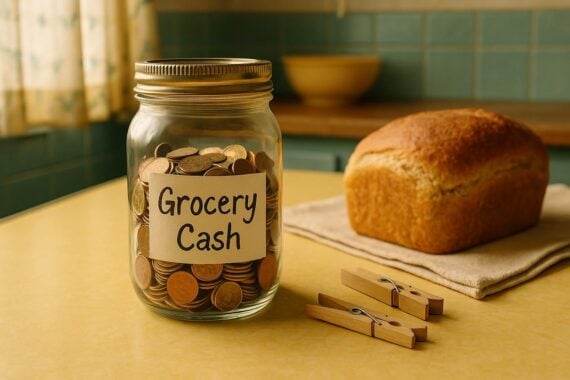For years, we’ve been grabbing plastic water bottles at the store, partly for convenience and partly because we think it’s a healthy thing to do. Think again. That plastic water bottle isn’t just bad for the environment; it might actually be bad for you, too, according to a new commentary published in BMJ Global Health.
1. It’s Typically Worse Than Tap Water
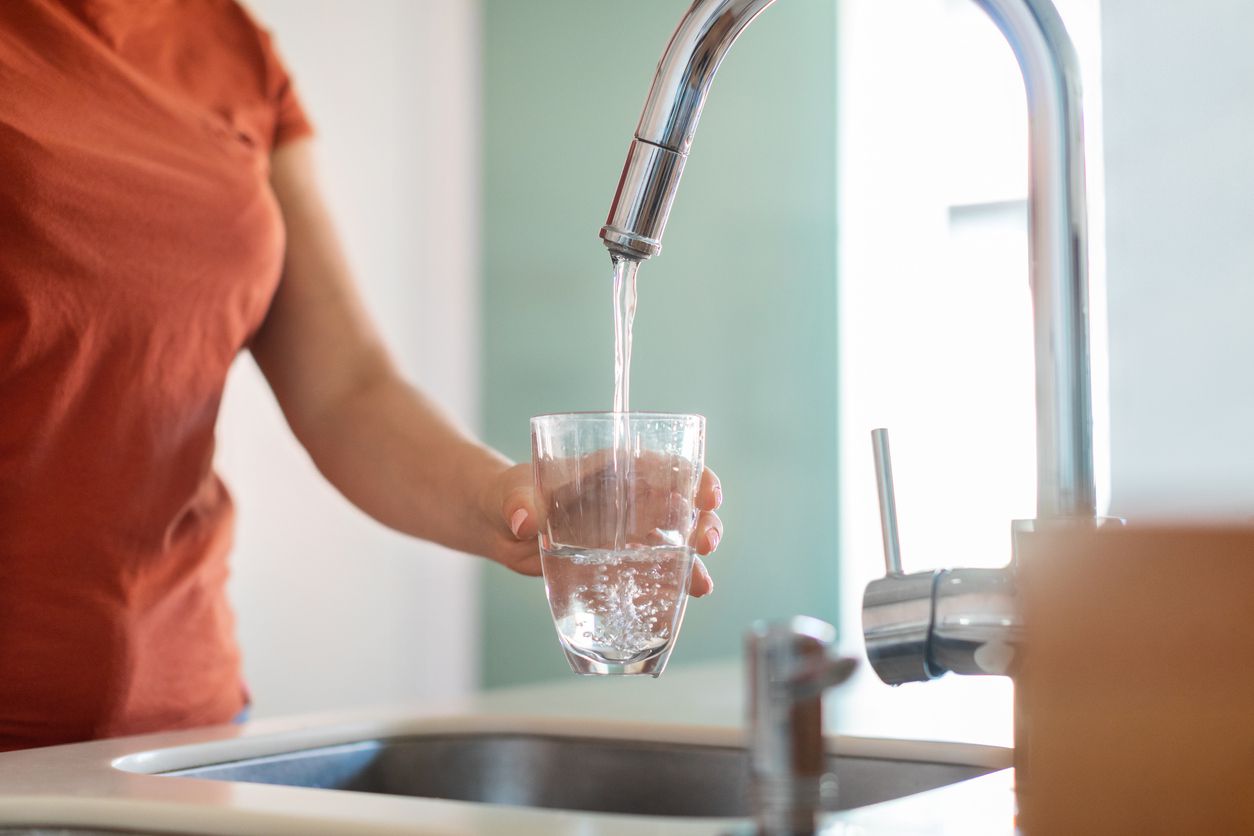
Believe it or not, bottled water isn’t held to the same standards as tap water. That means harmful chemicals can leach from the bottle, especially if it’s stored for a long time or exposed to sunlight and high temperatures.
2. Plastic Bottles Can Leach Microplastics
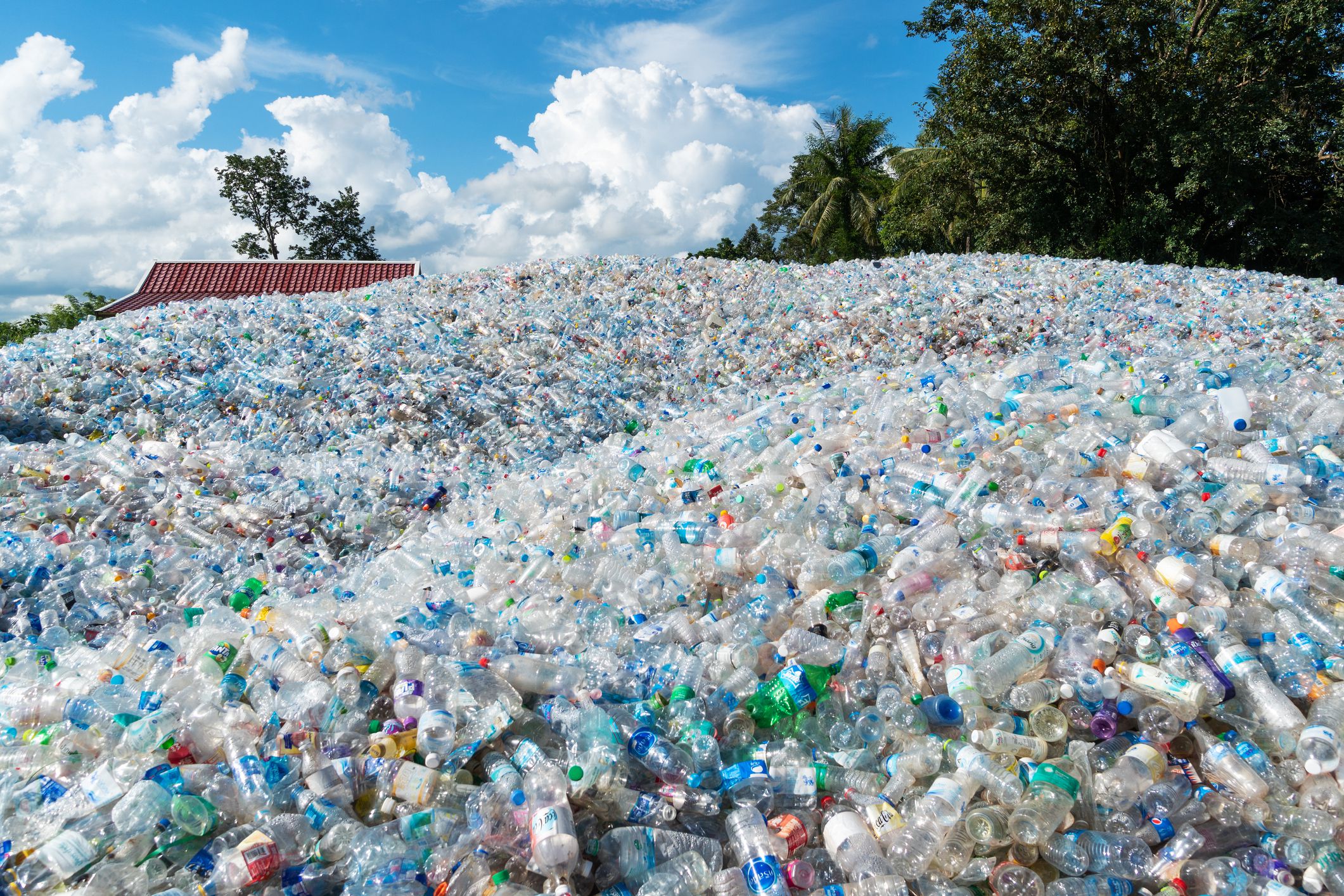
Roughly 10% to 78% of bottled water samples contain contaminants, including microplastics. These are often hormone (endocrine) disruptors, and they’re not great. Microplastic contamination is associated with oxidative stress, immune system dysregulation, and changes in blood fat levels.
3. Plastic Bottles Can Impact Your Health

It’s hard to imagine that a plastic bottle can haunt you for life, but bisphenol A (BPA) exposure has been linked to health issues such as high blood pressure, cardiovascular disease, diabetes and obesity, according to researchers at Weill Cornell Medicine.
4. Plastic Bottles Are Killing the Oceans
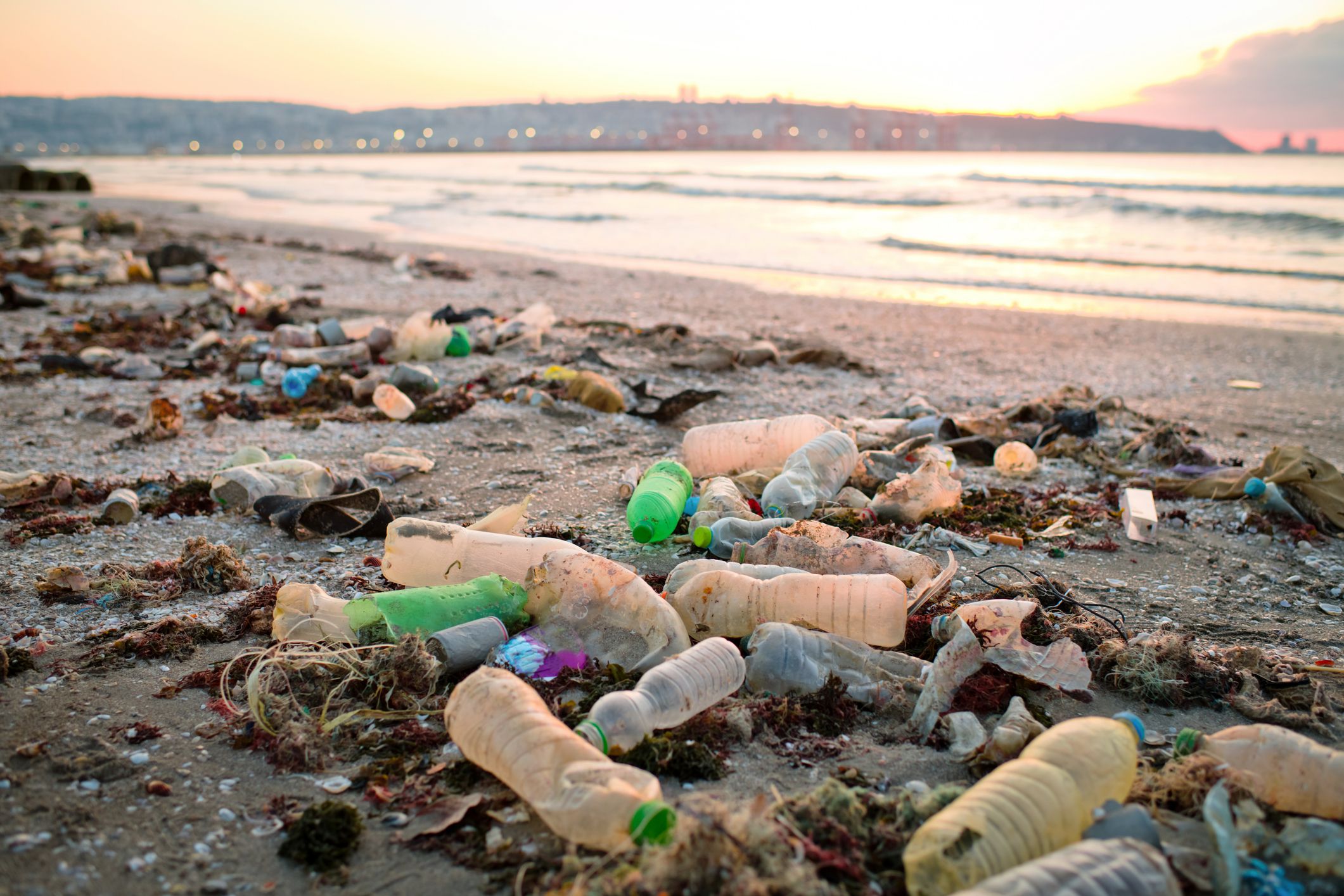
You know plastic bottles aren’t great for the Earth, but you probably didn’t know how bad they are. Plastic bottles make up the second most common ocean pollutant, accounting for 12% of all plastic waste.
5. They Don’t Get Recycled
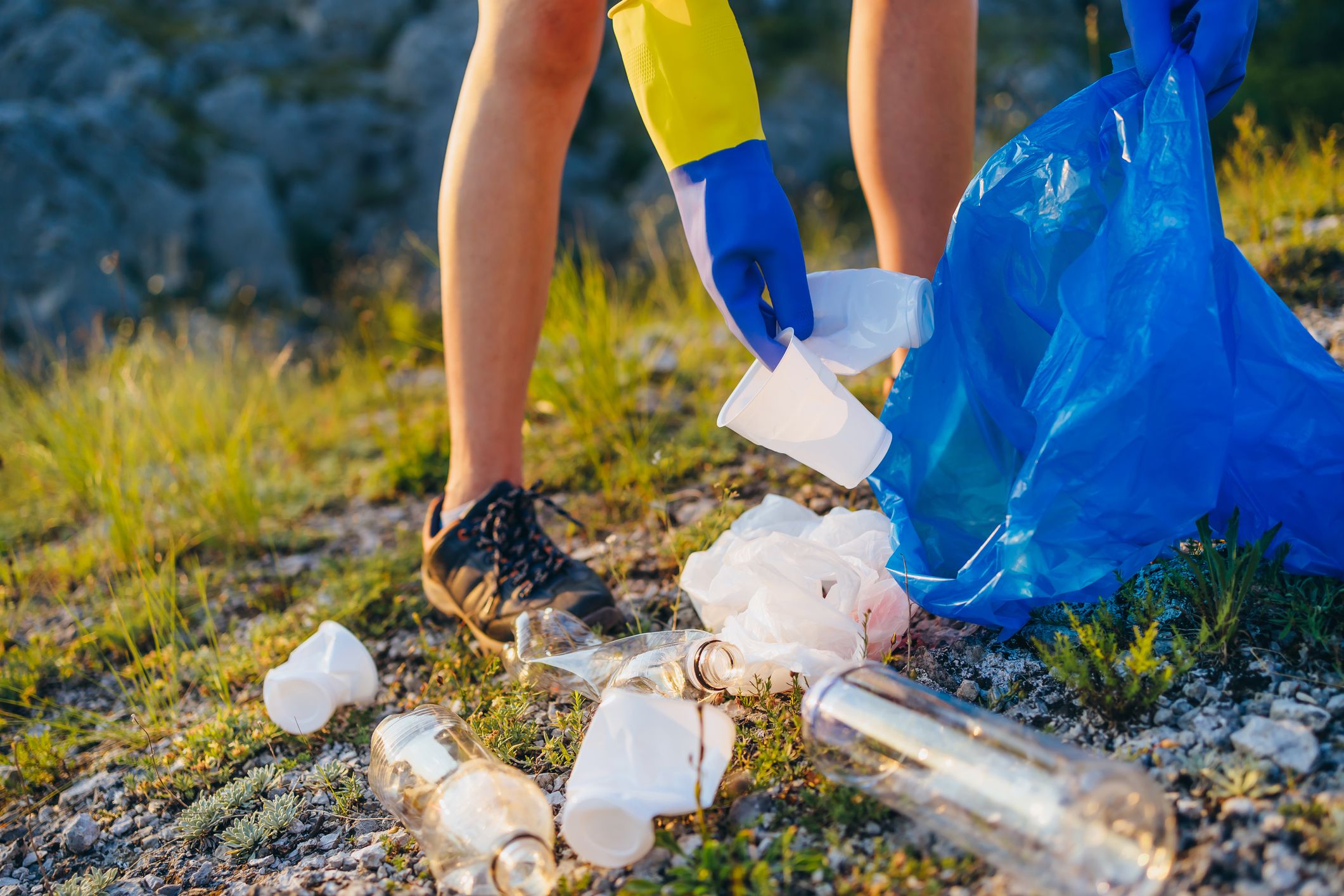
You may be putting your old bottles into the blue bin for recycling, but that’s just wishful thinking. California is suing Exxon for overhyping the promise of recycling and spawning a plastic-pollution crisis. Globally, just 9% of these bottles are recycled, meaning that most end up in landfills or incinerators, or are ‘exported’ to low- and middle-income countries.
Trending on Cheapism
6. What Can Be Done
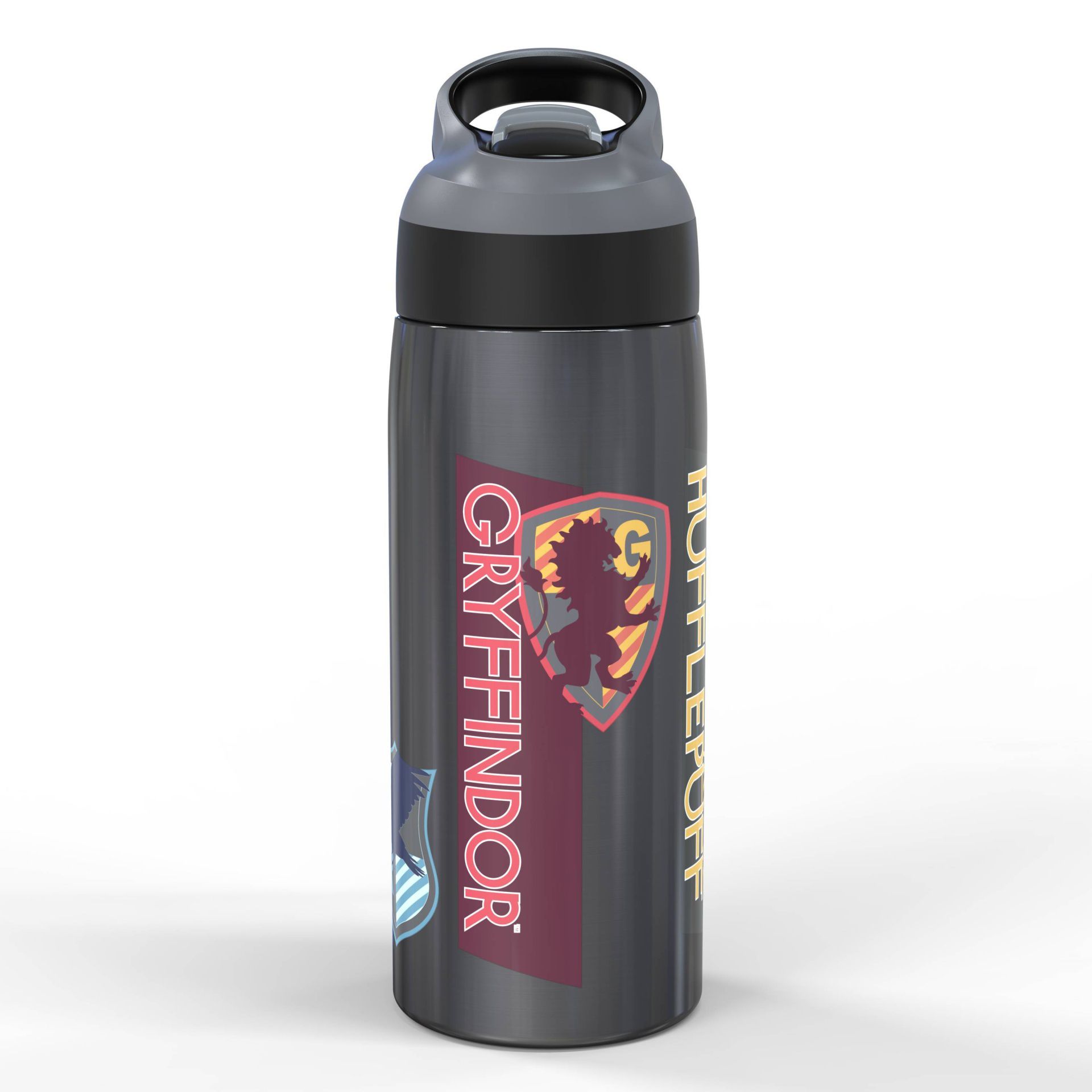
This is actually a simple solution. Don’t use plastic bottles. Get a stainless steel container to cart your liquids around. And if you want to go further, get reusable grocery bags. It won’t fix everything, but it will help.
For more smart health tips, please sign up for our free newsletters.
